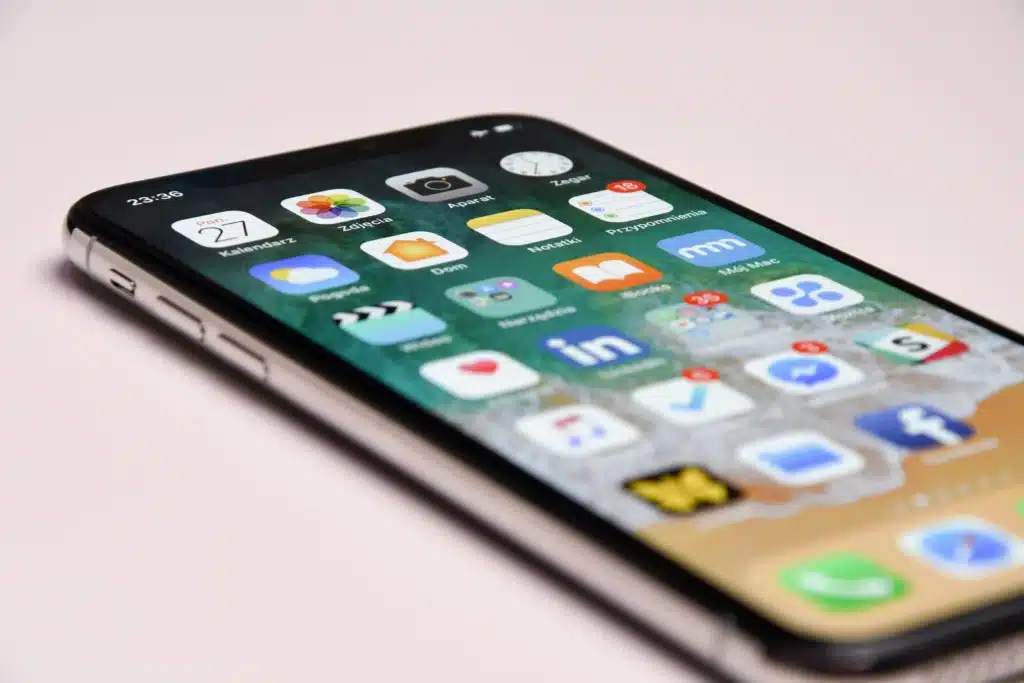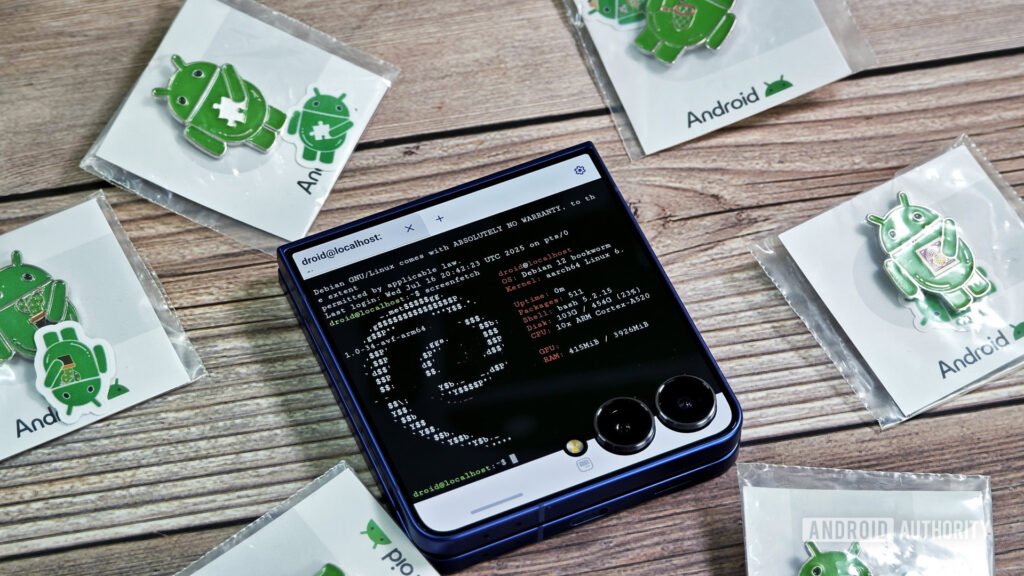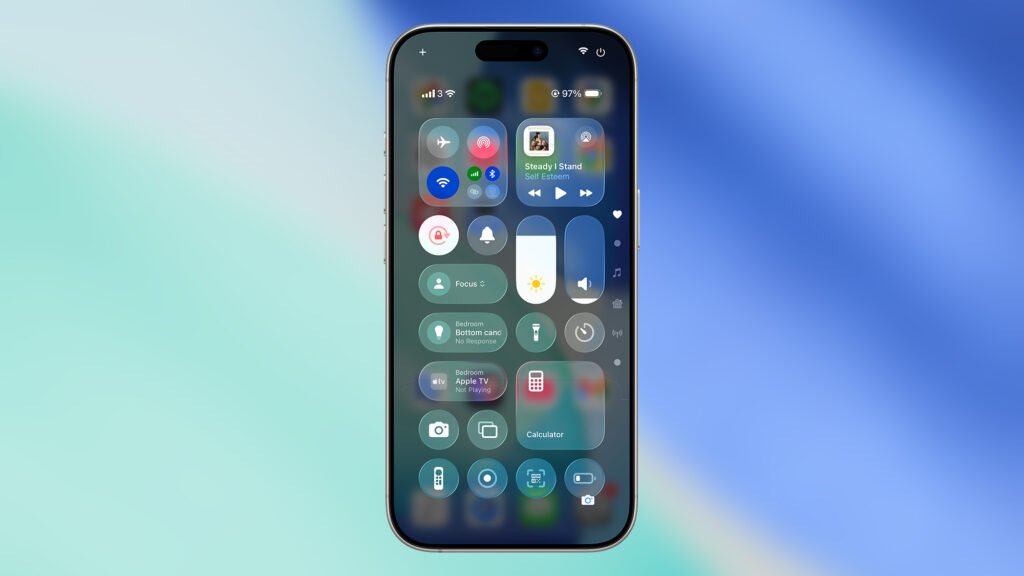Women across social media are buzzing about Tea, an anonymous dating-safety app where they ‘spill tea’ — typically gossip, secrets and juicy information — on the men they’re dating. But the app has gone viral for all the wrong reasons.
Tea was founded in November 2022 by software engineer Sean Cook to help women feel more protected. He was inspired by his mom’s bad experiences with online dating — connecting with a catfish and even a criminal, he wrote on LinkedIn. The women-only platform became available for download in 2023 with features like criminal background checks and reverse image search, and it’s currently number one on the lifestyle app charts with four million users and a 4.7/5 star rating.
But recently, users have shown less interest in helping and more in shaming. Some videos on TikTok, where the app is currently trending, show women giving men “red flag” and “green flag” reviews based on personal preferences like attractiveness, personality and style, even speculating about their sexuality, finances and how many partners they’ve had.
Moreover, the app was designed to be private, as screenshots are impossible and women are vetted before being allowed access. Yet users have recorded posts for social media, opening the door for more potentially damaging, defamatory comments.
Early Friday, it was reported that 72,000 user selfies, ID cards and other photos, some of which have been used to verify their identities for the Tea app, were leaked to 4chan, an anonymous online imageboard. Some direct messages have also been breached, Tea confirmed in a statement to 404Media. The company also said the leaked data is from more than two years ago and that no current user data is affected.
‘It’s seductive … but can kill curiosity’
Using these kinds of platforms for dating advice can backfire, says Jourdan Travers, a psychotherapist who’s worked with over 100 couples.
“Swiping, receiving rejections, and navigating online communication are stressful enough, and Tea sounds like the app that is trying to minimize or remove that discomfort,” she tells CNBC Make It. “This initially sounds great, but it doesn’t live up to the hype in practice because well-intentioned action can be harmful.”
Fifty-seven percent of women say that, in general, dating sites and apps are not a safe way to meet people, according to a 2022 survey from Pew Research Center. But in today’s digital age, it’s one of the easiest, and most popular ways to make new connections — so it’s no surprise that the Tea app has garnered so many fans.
“It’s seductive, an app that I can use to gather information about someone I’ve never met,” says Travers. “But in reality, it can kill curiosity and create a dating dynamic that’s more about others than you.
A representative for Tea declined CNBC Make It’s request for comment.
Travers, who is also the clinical director at telehealth company Awake Therapy, adds that using the platform in hopes of finding juicy gossip or learning every detail about a guy before your first date takes away the opportunity to use your discernment and personal intuition. It also spoils the excitement of making a first impression and building an authentic connection.
“It sends a message to yourself not to trust your judgment and intuition. That you lack the capacity or capability to make decisions about your romantic life, so you need others to validate or affirm that decision instead,” she says. “Once you’ve read something negative—whether factual or not—your brain is wired to start scanning for evidence that supports it. You’re walking into the date with a script, not curiosity, and first dates shouldn’t feel like a job interview.”
‘A light vetting can be protective’
The Tea app has been a good source of information and community for lots of women, users say. One App Store review from “AnaNamle” says she was able to freely talk about a traumatic experience with a guy, and connected with another woman who had a similar, but “worse” encounter. A user called “Lala1922$” says she found out a man who was contacting her had domestic violence charges and was awaiting trial.
To gain some knowledge of these kinds of red flags, some “light vetting can be protective,” Travers says, like doing a quick google search or making sure that their social media profiles are legit. Other questions and concerns might be better addressed by trusted friends and family.
It’s also important to take a few precautionary measures before a date, like meeting in a public place for your first encounter, letting someone know where you’re going and with whom beforehand and not sharing personal or sensitive information immediately.
“Aside from that, let the rest unfold organically, and don’t skip the part where you learn who they are,” she says.
Want to stand out, grow your network, and get more job opportunities? Sign up for Smarter by CNBC Make It’s new online course, How to Build a Standout Personal Brand: Online, In Person, and At Work. Learn from three expert instructors how to showcase your skills, build a stellar reputation, and create a digital presence that AI can’t replicate. Sign up today with coupon code EARLYBIRD for an introductory discount of 30% off the regular course price of $67 (plus tax). Offer valid July 22, 2025, through September 2, 2025.
Plus, sign up for CNBC Make It’s newsletter to get tips and tricks for success at work, with money and in life, and request to join our exclusive community on LinkedIn to connect with experts and peers.






